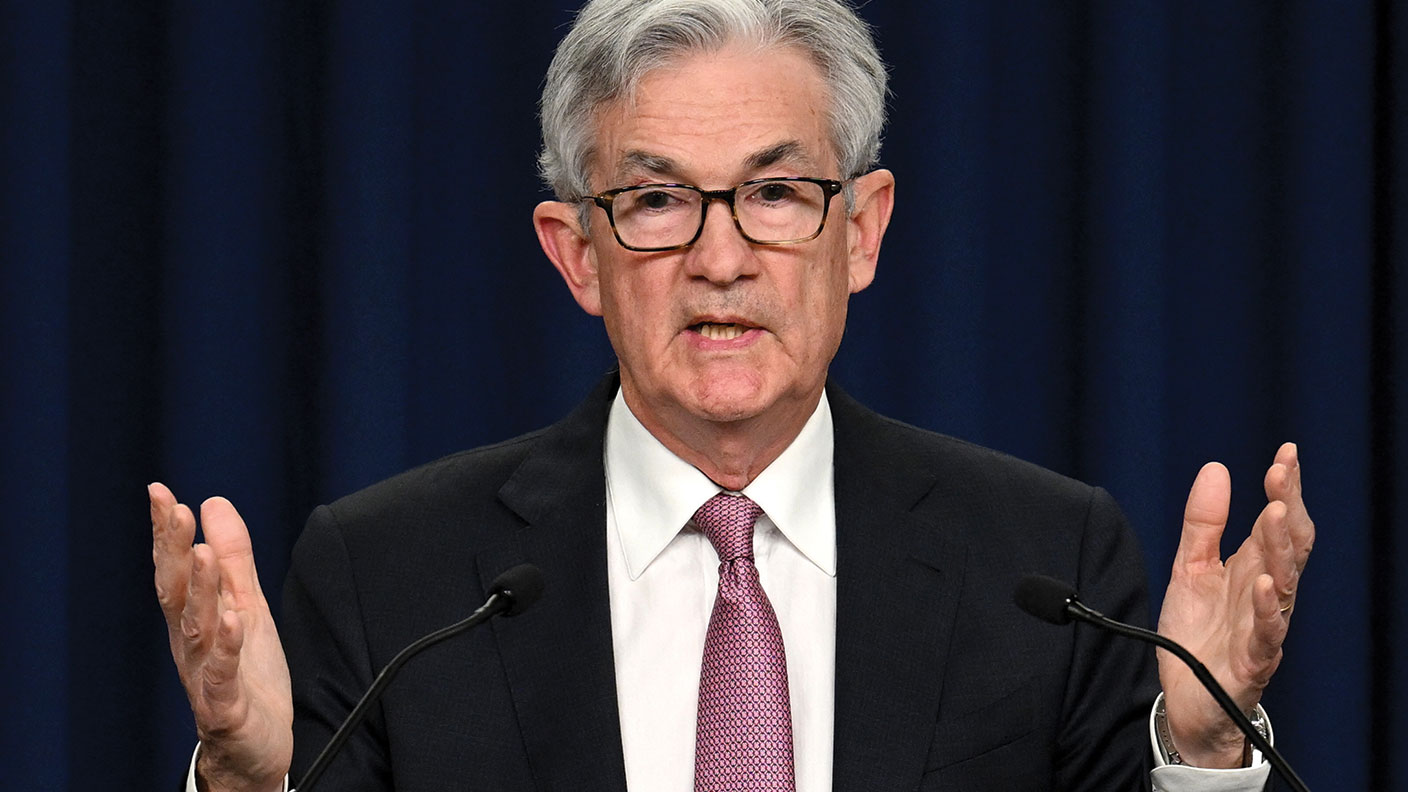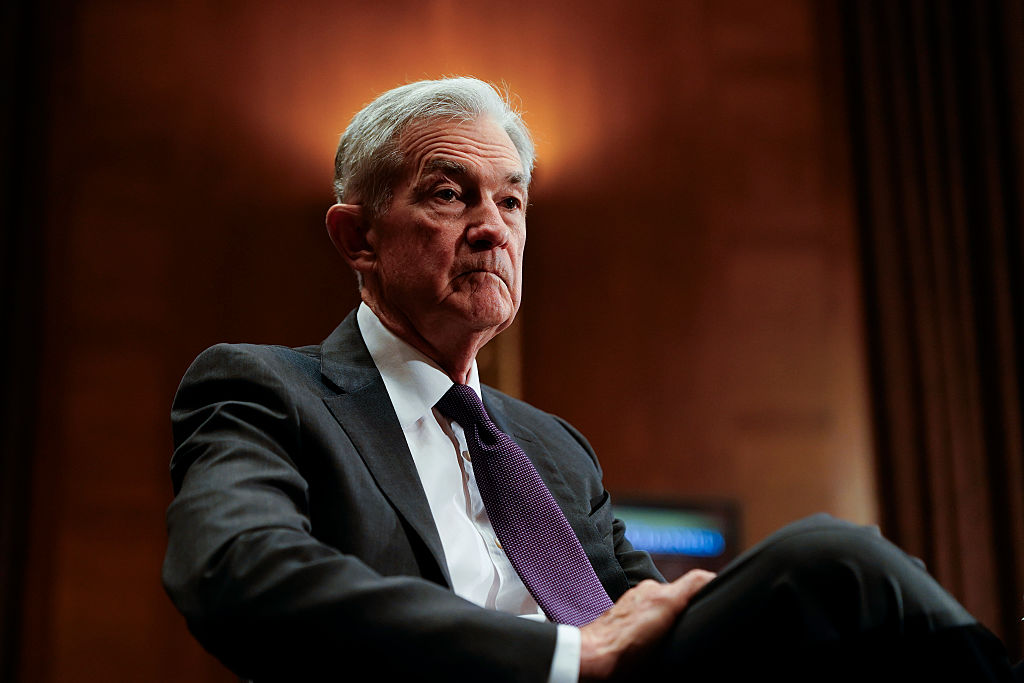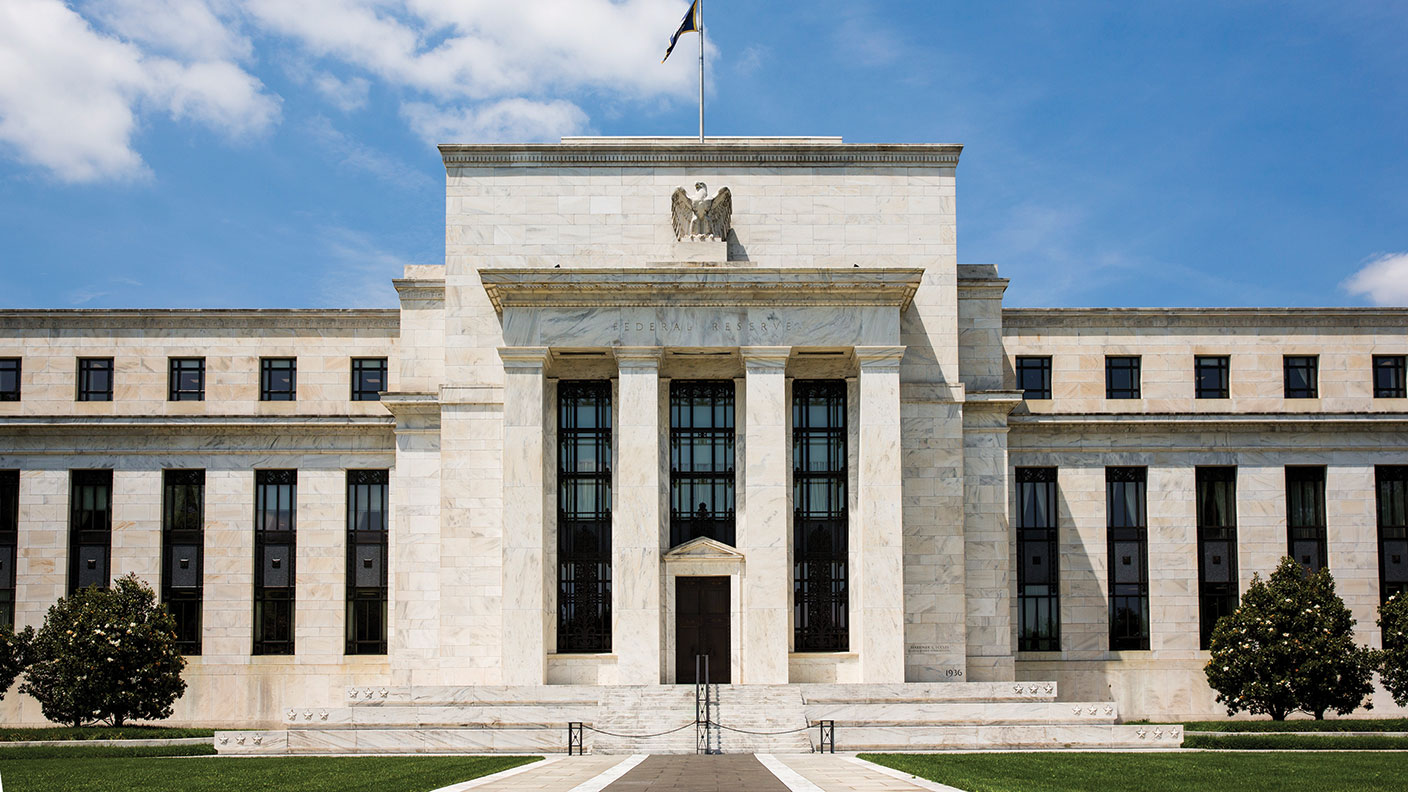How not to get beaten by inflation
With inflation at 9%, and the bank rate at 1% you’re not going to get a real return on cash. But there are steps you can take to beat inflation, says Merryn Somerset Webb.


Get the latest financial news, insights and expert analysis from our award-winning MoneyWeek team, to help you understand what really matters when it comes to your finances.
You are now subscribed
Your newsletter sign-up was successful
Want to add more newsletters?

Twice daily
MoneyWeek
Get the latest financial news, insights and expert analysis from our award-winning MoneyWeek team, to help you understand what really matters when it comes to your finances.

Four times a week
Look After My Bills
Sign up to our free money-saving newsletter, filled with the latest news and expert advice to help you find the best tips and deals for managing your bills. Start saving today!
This week we learnt something I suspect most of us already knew: inflation is high and rising. UK data for April has the consumer prices index (CPI) rising at an annual rate of 9%, a 40-year high. Measured by the retail prices index (which CPI replaced) it’s 11.1%. It was last 11% in February 1982, having breached 11% for the first time since January 1952 in January 1974. In short, 11% really doesn’t happen very often.
However, here is something that has never happened: 11% RPI and 1% bank rate. In early 1974, the rate was 12.7%. If you’d had cash in the bank, you’d have made a real return (ie, beat inflation) for much of the 1970s. There were nasty bits in the mid-1970s when RPI inflation breached 20% and rates were just 15%, but in all, holding cash in the 1970s wasn’t as destructive to your wealth as you might have thought.
Two points on this. In the 1970s, inflation was caused mostly by external factors (such as the sharp rise in energy prices in 1973). High interest rates proved all but useless in tackling that – at the end of 1973, inflation was 10.6% and rates 13%.
MoneyWeek
Subscribe to MoneyWeek today and get your first six magazine issues absolutely FREE

Sign up to Money Morning
Don't miss the latest investment and personal finances news, market analysis, plus money-saving tips with our free twice-daily newsletter
Don't miss the latest investment and personal finances news, market analysis, plus money-saving tips with our free twice-daily newsletter
Our central banks might talk a big game on rates, but look back to the 1970s and you might think they are merely indulging in gesture economics. They can’t get rates to 11%-plus without crashing everything – and given that they know it won’t work, why try? Federal Reserve chair Jerome Powell this week said that “no one should doubt” his resolve. The Fed, he says, will push until inflation comes down in a “clear and convincing way”. Bet it doesn’t.
Making a real return
The other lesson is that you won’t make a real return on cash this year. Every penny in your account will steadily lose large amounts of its value (until you give in and spend it). After ten years of 9% inflation, £100 will be worth £42. An aside: I am glad, for the purposes of this example, that UK inflation is 9%; the online calculator I used only goes up to 9%. Presumably the young people who designed it could not fathom anything higher. Time for a refresh.
The commentary on all this is miserable. Seven out of ten people plan to cut their energy consumption; two thirds are changing their shopping habits; 20% plan to borrow to cover expenses; and so on. What should you do? The papers are full of tips: stop buying coffee, buy cheaper-brand goods, bulk buy, rent out your driveway (earn “passive income”!). None of this is much help – if you really want to survive this, you need to beat inflation, not be beaten by it.
Start by ensuring you get what interest you can on your cash (Investec offers 2%, so you can cut your real-terms loss to a mere 7%). Shift some money into one of the few things with any chance of beating inflation – listen to our podcast (moneyweek.com/podcasts) on this (commodities and more commodities, says Barry Norris).
But most vital of all, make more money. An MP was much mocked this week for telling people to get better-paid jobs to beat the cost-of-living crisis. Her detractors have a point, but they miss one too: the labour market is very tight (the unemployment rate is 3.7% and there is more than one vacancy per unemployed worker). If you move job you will almost definitely get a better deal; stay put, and you have an excellent chance of getting one too. I have said this before, but with the RPI at 11.1%, it is worth saying again: ask for a pay rise.
Get the latest financial news, insights and expert analysis from our award-winning MoneyWeek team, to help you understand what really matters when it comes to your finances.

-
 Should you buy an active ETF?
Should you buy an active ETF?ETFs are often mischaracterised as passive products, but they can be a convenient way to add active management to your portfolio
-
 Power up your pension before 5 April – easy ways to save before the tax year end
Power up your pension before 5 April – easy ways to save before the tax year endWith the end of the tax year looming, pension savers currently have a window to review and maximise what’s going into their retirement funds – we look at how
-
 How a dovish Federal Reserve could affect you
How a dovish Federal Reserve could affect youTrump’s pick for the US Federal Reserve is not so much of a yes-man as his rival, but interest rates will still come down quickly, says Cris Sholto Heaton
-
 New Federal Reserve chair Kevin Warsh has his work cut out
New Federal Reserve chair Kevin Warsh has his work cut outOpinion Kevin Warsh must make it clear that he, not Trump, is in charge at the Fed. If he doesn't, the US dollar and Treasury bills sell-off will start all over again
-
 'Investors should brace for Trump’s great inflation'
'Investors should brace for Trump’s great inflation'Opinion Donald Trump's actions against Federal Reserve chair Jerome Powell will likely stoke rising prices. Investors should prepare for the worst, says Matthew Lynn
-
 'Governments are launching an assault on the independence of central banks'
'Governments are launching an assault on the independence of central banks'Opinion Say goodbye to the era of central bank orthodoxy and hello to the new era of central bank dependency, says Jeremy McKeown
-
 Will Donald Trump sack Jerome Powell, the Federal Reserve chief?
Will Donald Trump sack Jerome Powell, the Federal Reserve chief?It seems clear that Trump would like to sack Jerome Powell if he could only find a constitutional cause. Why, and what would it mean for financial markets?
-
 Do we need central banks, or is it time to privatise money?
Do we need central banks, or is it time to privatise money?Analysis Free banking is one alternative to central banks, but would switching to a radical new system be worth the risk?
-
 Will turmoil in the Middle East trigger inflation?
Will turmoil in the Middle East trigger inflation?The risk of an escalating Middle East crisis continues to rise. Markets appear to be dismissing the prospect. Here's how investors can protect themselves.
-
 Federal Reserve cuts US interest rates for the first time in more than four years
Federal Reserve cuts US interest rates for the first time in more than four yearsPolicymakers at the US central bank also suggested rates would be cut further before the year is out